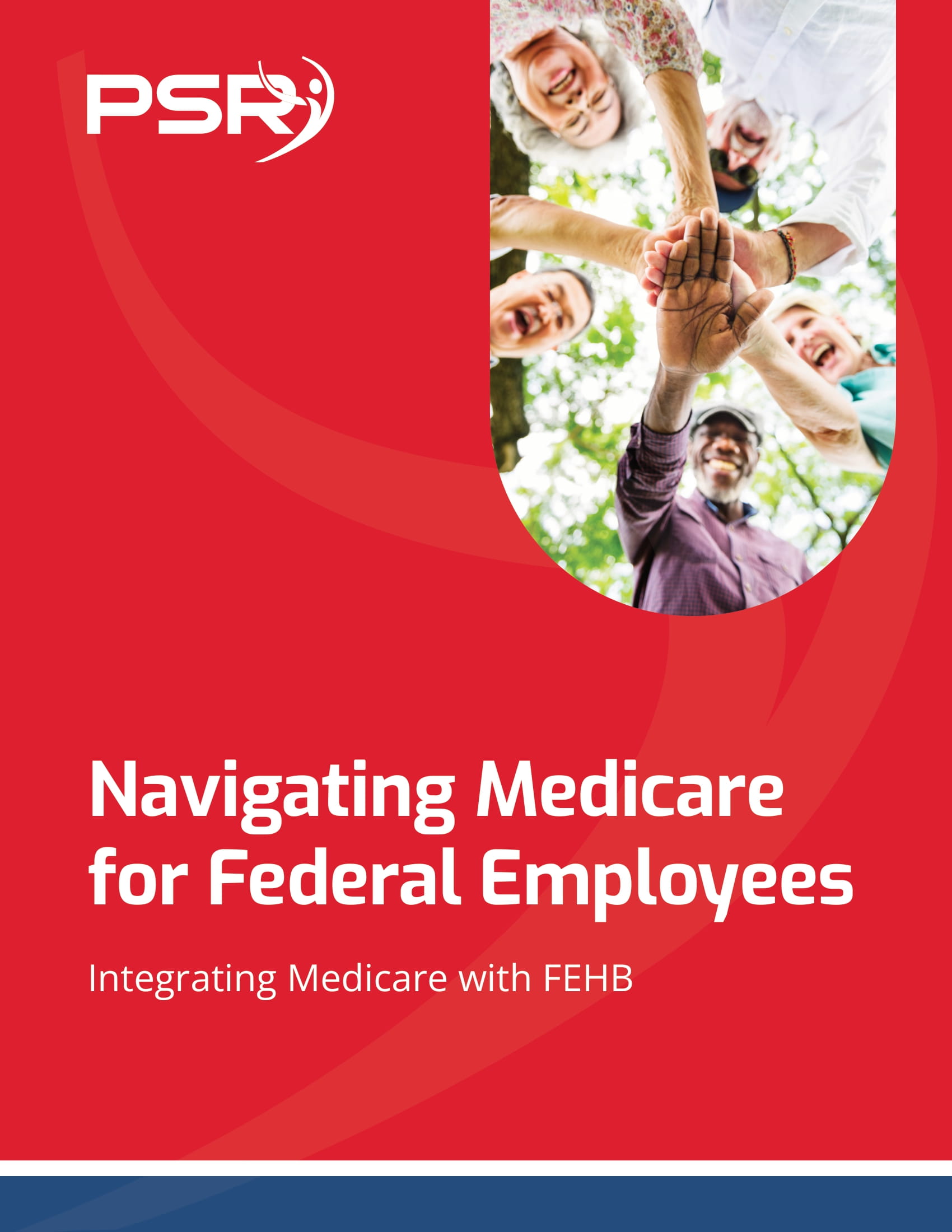Key Takeaways:
-
Early retirement is becoming a viable choice for many federal employees, thanks to flexible retirement options and evolving financial strategies.
-
Understanding the benefits, penalties, and preparation steps for early retirement can help you decide if this path is right for you.
Why Federal Employees Are Opting for Early Retirement
The allure of early retirement is growing among federal employees. Whether it’s the desire to pursue personal passions, spend more time with family, or simply step away from the demands of government service, early retirement can offer a rewarding transition. However, it requires careful planning and a clear understanding of the opportunities and trade-offs.
Understanding Your Early Retirement Options
- Also Read: Divorce and Your Federal Pension—What Happens When You Split Assets and How It Could Affect Your TSP
- Also Read: What Happens to Your Federal Benefits After Divorce? Here’s the Lowdown
- Also Read: The Best FEHB Plans for 2025: Which One Fits Your Lifestyle and Budget the Best?
MRA+10 Retirement
If you meet the Minimum Retirement Age (MRA) and have at least 10 years of service, you may retire under the MRA+10 provision. However, there’s a catch: your pension will be reduced by 5% for each year you’re under age 62 unless you have at least 20 years of service and postpone receiving your annuity until age 62.
-
Who’s eligible? Employees under the Federal Employees Retirement System (FERS) who meet the age and service criteria.
-
Key trade-off: Reduced annuity for early access to retirement.
Voluntary Early Retirement Authority (VERA)
Agencies sometimes offer VERA during restructuring or downsizing. This allows employees to retire earlier than usual, with a minimum of 20 years of service at age 50 or at least 25 years of service at any age.
-
Who’s eligible? Employees in agencies undergoing workforce reshaping.
-
Key benefit: No reduction in pension due to age, unlike MRA+10.
Special Provisions for Certain Roles
Law enforcement officers, firefighters, and air traffic controllers have unique retirement rules. These roles allow early retirement after 20 years of service at age 50 or 25 years of service at any age, recognizing the physically demanding nature of the work.
Calculating the Financial Impact of Early Retirement
Choosing early retirement often involves weighing financial trade-offs. Here’s what you need to consider:
Reduced Annuity Payments
FERS participants will see a reduction in their annuity if they retire before age 62 under most provisions. This reduction can have a significant long-term impact on your financial security.
Social Security Implications
While FERS employees are eligible for Social Security, claiming benefits before full retirement age (67 for those born after 1960) results in a permanent reduction. Evaluate whether it’s better to rely on savings initially and delay Social Security.
Healthcare Costs
If you retire before age 65, you’ll need to bridge the gap until Medicare eligibility. The Federal Employees Health Benefits (FEHB) program offers coverage in retirement, but you’ll pay premiums out of pocket. Balancing FEHB with Medicare at 65 can also optimize costs.
Strategies for a Smooth Transition
Build a Solid Financial Plan
Start by estimating your post-retirement expenses. Account for housing, healthcare, travel, and discretionary spending. Aim to replace at least 70-80% of your pre-retirement income.
-
TSP Contributions: Maximize your Thrift Savings Plan (TSP) contributions while you’re working. For 2025, the contribution limit is $23,000, with a catch-up limit of $7,500 if you’re 50 or older.
-
Emergency Fund: Maintain an emergency fund to cover at least 6-12 months of expenses.
Consider a Phased Retirement
Phased retirement allows you to work part-time while starting to draw retirement benefits. This option lets you ease into retirement while maintaining a steady income and continuing to accrue service credit.
Preparing for Life After Retirement
Retirement isn’t just a financial shift—it’s a lifestyle change. Here are some steps to ensure a fulfilling transition:
Define Your Goals
What do you want to achieve in retirement? Whether it’s traveling, volunteering, or starting a new venture, having clear goals will give you a sense of purpose.
Stay Active and Engaged
Many retirees find fulfillment through part-time work, hobbies, or community involvement. Explore opportunities that align with your interests.
Keep Learning
Retirement is an excellent time to acquire new skills or knowledge. Consider enrolling in courses or attending workshops to stay mentally active.
Pros and Cons of Early Retirement
Pros:
-
More Time for Personal Interests: Early retirement provides the freedom to pursue hobbies, travel, or spend time with loved ones.
-
Health and Well-Being: Leaving a high-stress job can improve your overall health and quality of life.
-
Career Flexibility: You may explore part-time or freelance opportunities in fields you’re passionate about.
Cons:
-
Reduced Income: Early retirement often means a smaller pension and fewer years of savings growth.
-
Healthcare Costs: Bridging the gap to Medicare can be expensive without employer subsidies.
-
Longevity Risk: The earlier you retire, the longer your savings need to last. Careful planning is essential to avoid outliving your assets.
Common Mistakes to Avoid
Not Accounting for Inflation
Inflation erodes purchasing power over time. Ensure your retirement plan accounts for rising costs, especially for healthcare and everyday expenses.
Underestimating Healthcare Needs
Healthcare expenses often increase with age. Plan for potential long-term care costs and explore insurance options to mitigate financial risk.
Overlooking Survivor Benefits
If you’re married, consider how your retirement decisions will affect your spouse. Survivor benefits provide ongoing income but require careful election during retirement planning.
Making Early Retirement Work for You
With the right approach, early retirement can be a realistic and rewarding choice. Start by:
-
Evaluating Your Eligibility: Understand which retirement options you qualify for and their implications.
-
Assessing Your Finances: Use tools like TSP calculators and annuity estimators to forecast your income.
-
Seeking Professional Advice: Consult with a financial advisor or retirement counselor to optimize your strategy.
Is Early Retirement the Right Choice for You?
Deciding to retire early is deeply personal. It depends on your financial readiness, career satisfaction, and life goals. Take the time to explore all aspects of early retirement to ensure it aligns with your long-term vision.
Ready to Explore Early Retirement? Here’s What to Do Next
Now that you understand the ins and outs of early retirement, it’s time to take action. Evaluate your options, refine your financial plan, and prepare for the next chapter of your life. Early retirement isn’t just about leaving work—it’s about embracing new opportunities and creating a fulfilling future.











